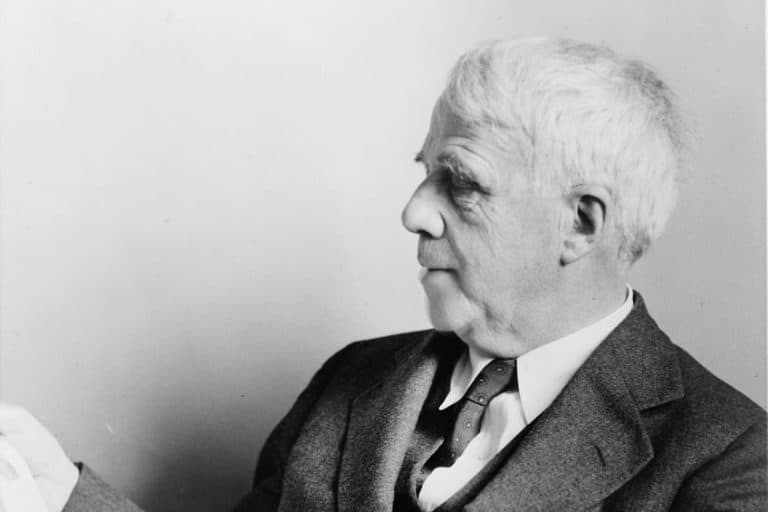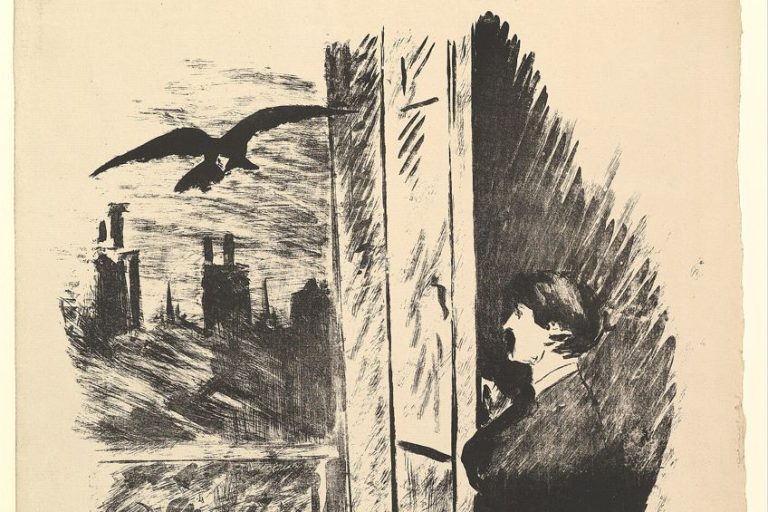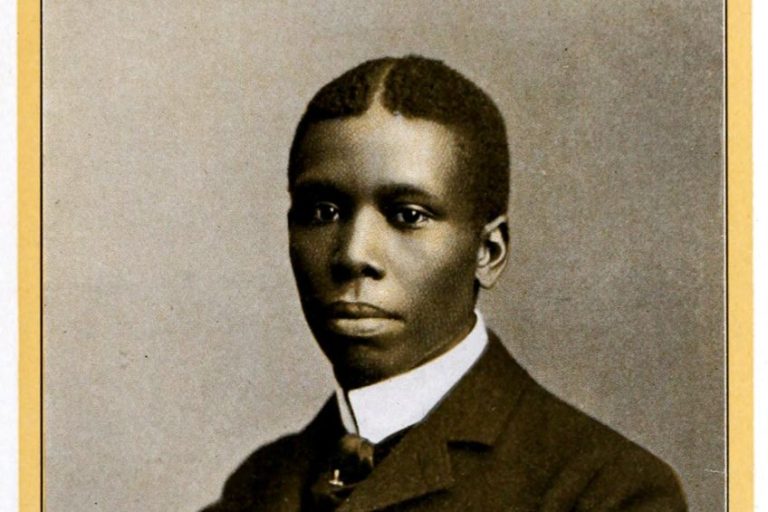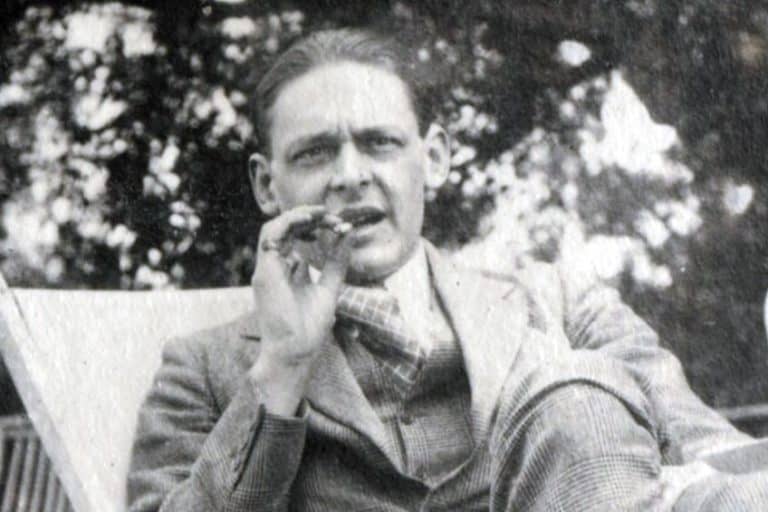“If You Forget Me” by Pablo Neruda – A Formal Poem Analysis
Today, our focus will be If You Forget Me by Pablo Neruda. This poem deserves to see some level of analysis because it is one of the more notable poems of Pablo Neruda, and his work has come to be seen as some of the most important of the 20th century. This discussion will examine the poem but will also look at the writer and some of the themes of the text. If this is something that you like, then perhaps you’ll like even more of it if you keep reading!
If You Forget Me by Pablo Neruda Analysis
| Date Published | 1952 |
| Type of Poem | Free verse poem |
| Rhyme Scheme | None |
| Meter | None |
| Topic | Longing |
If You Forget Me by Pablo Neruda is considered to be one of the best poems by this notable Chilean figure, and its examination of longing has come to be seen as some of the best of the 20th century. This is the reason that I shall be committing to a far more in-depth look at this text. However, let’s first have a look at something else to help us on our way.

If You Forget Me by Pablo Neruda Summary Points
It can be very helpful to have a nice little summary of things to come, and that is exactly the point of what we will be doing right here. This summary should be beneficial to you if you wish to learn about If You Forget Me by Pablo Neruda:
- If You Forget Me by Pablo Neruda is a poem about longing. The text is concerned with an immense sense of longing that one might experience when one is deeply in love with another.
- If You Forget Me by Pablo Neruda is written in free verse. This means that it does not follow any ordinary kind of structure, and it also does not use rhyme or a set meter throughout the poem.
- If You Forget Me by Pablo Neruda was originally in Spanish. The original title of this poem was Si tú me olvidas, but it has been translated into many languages throughout the world.
A good summary is a useful thing. However, this poem should also be examined in a far more in-depth fashion. That is what I will soon do for you.
Let’s first have a look at a very brief biography of the writer in question.
Biography of Pablo Neruda
| Poetic Movement | Modernism |
| Years | 1904 – 1973 |
| Place of Birth | Parral, Chile |
| Known For |
|
Pablo Neruda is considered to be one of the most important writers of the 20th century as well as being considered to be the national poet of Chile. He was involved in the politics of the country and was even forced to flee Chile for a time because of his role in the political landscape of the country. His work is seen as powerful and explores ideas related to love, the natural world, and politics. However, the best way to come to a better understanding of him is by having a look at some of the poetry for which he was so famous.

An In-Depth Analysis of If You Forget Me by Pablo Neruda
As we get into this analysis of If You Forget Me by Pablo Neruda, we should first note that this poem is written in a free verse style. This means that there are no real uses of definitive rhyme or metrical structure. However, while this is the case with much of the poetry that Pablo Neruda wrote, it is still worth mentioning something about translation here. You see, the fact that this poem was translated is actually quite an important thing.
Whenever you translate something from one language to another, you will automatically change the words and how they are used.
In many languages, word orders are changed, and so this could irrevocably alter the rhyme of a poem because the wrong words are in the wrong order. However, this is similar to when it comes to the differences in words themselves. If you had written that a “tree makes you free”, you can see that rhyme in English, but arbre (tree) and gratuite (free) do not rhyme at all. You can also see that these English examples have one syllable each, but the French translations do not. So, the meter of a poem would also be changed by translating it.

Why mention all of this when it comes to an analysis of If You Forget Me by Pablo Neruda? Well, because this poem was ordinarily written in Spanish! That means that the entire poem had to be altered from its original form into what it can be read as in English. You should keep this in mind and, generally, focus more on the content of the text rather than the form because the form, such as the language and composition, would likely have changed quite a lot.
Stanza One
I want you to know
one thing.
The first stanza of If You Forget Me by Pablo Neruda is a very short one and it is a single statement. However, this statement is spread over two lines and so it features the use of enjambment to run from one line to the next. This statement simply reads that the speaker wants us, as the readers, to know just one thing. What that thing is, we have not yet been made aware.
However, this is a powerful way to open a poem as it allows us to immediately start wondering what exactly this thing is that the speaker wants us to know. It creates a certain sense of expectation.

Stanza Two
You know how this is:
if I look
at the crystal moon, at the red branch
of the slow autumn at my window,
if I touch
near the fire
the impalpable ash
or the wrinkled body of the log,
everything carries me to you,
as if everything that exists,
aromas, light, metals,
were little boats
that sail
toward those isles of yours that wait for me.
The first four lines that are presented to us in this stanza provide to us a single thought, and that thought is directly tied up with a setting. We are told about a moon that looks like a crystal in the sky and a branch that is colored red. The season has been labeled as autumn, or fall, and so we know that the world can take on more of an orange hue at this time of year.
The next four lines contain their own series of thoughts, and they contemplate the way in which the speaker might touch that fire that can be found above us all or the tree from which the branch extends.
We are provided with the imagery of the natural world here. And that is reaffirmed when it comes to the speaker’s next statement. Over the next few lines, the speaker discusses the way in which he is brought to thoughts of his lover. These natural elements make him think of her. Every smell, touch, and sight led him to think of her. He even states that all of those sensations are metaphorical boats that take him toward her.

Stanza Three
Well, now,
if little by little you stop loving me
I shall stop loving you little by little.
This is a rather short stanza, and it tells us something very simple. He loves this person, but if she were to stop loving him, he would stop loving her. It would be a lengthier process, as he refers to it as happening “little by little”, but it would still eventually come to pass.
The longing and desire he has to be with her is something ephemeral, and it can fade away the longer he is apart from her.

Stanza Four
If suddenly
you forget me
do not look for me,
for I shall already have forgotten you.
This fourth stanza operates alongside the previous stanza by stating that if she were to simply forget about him, to abandon him, then he would have done the same to her. This shows a reciprocal understanding of love. It cannot simply be a one-sided affair for it to be able to last through time and remain as strong and firm as ever.
There is a need for both partners in a relationship to be present for the other.

Stanza Five
If you think it long and mad,
the wind of banners
that passes through my life,
and you decide
to leave me at the shore
of the heart where I have roots,
remember
that on that day,
at that hour,
I shall lift my arms
and my roots will set off
to seek another land.
The use of both natural and naval imagery persists in this stanza as the speaker addresses this lover of his. He states that if she does not accept the little boats mentioned before, and they are not caught on the wind that guides him to her and her to him, then their love for one another will gradually fade away and wither into nothingness.
She states that if she were to leave his boat at the shore if she were to abandon him, then he would pull himself away.
There is also the image of a tree here with deep roots. When he is with her, his roots are powerful and firm, but if she were to abandon him and no longer wish for him to be there, then he would pull out his own roots so that he might find some other place to call his home. We are treated to further geographical images here. She is referred to as a series of isles in the second stanza, and so she is directly compared to the land into which roots can be planted. However, he would “seek another land” in which to plant his roots if it comes to that. We can see that while there is a sense of longing in the speaker, there is also a fear of being abandoned, and a determination to not allow that abandonment to persist if he is not taken as her lover.

Stanza Six
But
if each day,
each hour,
you feel that you are destined for me
with implacable sweetness,
if each day a flower
climbs up to your lips to seek me,
ah my love, ah my own,
in me all that fire is repeated,
in me nothing is extinguished or forgotten,
my love feeds on your love, beloved,
and as long as you live it will be in your arms
without leaving mine.
Once we get to the final stanza of If You Forget Me by Pablo Neruda, we can see that the text repeatedly provides the speaker’s lover with something of an ultimatum. He tells her that if she wants to be with him and feels that she is destined for him and he for her, then they can be together forever. Their love and connection are compared to a flower and fire.
There is also a sensuality to describing the way that their lips will come together if she decides to be with him, and this will seal them together with one another.
It states that “my love feeds on your love”, and so that reciprocity that was mentioned before can be seen in full swing here too. Their love cannot be one-sided because it simply will never work. They need to love one another, and then they will be in each other’s arms for the rest of their lives. Thus ends If You Forget Me by Pablo Neruda, and, hopefully, this analysis has elucidated what it discusses.

The Themes of If You Forget Me by Pablo Neruda
The primary themes that can be found in If You Forget Me by Pablo Neruda include those to do with a sense of deep longing. There are fears of being abandoned and a desire to be with someone who is the object of immense affection. It may not be quite right to see the poem as necessarily being about love itself but rather the feelings that emerge alongside love. This is one of the reasons that the poem has come to be so beloved over the decades since it was published.

Over the course of this article, I have provided an analysis of the poem in question, but there is much to still be learned if you read it for yourself. However, the more you read any writer’s work, the more you will come to understand the kind of message that they wished to present to the world. If you want to learn a whole lot more than what I have shown you today, you can certainly do so!
Frequently Asked Questions
What Is If You Forget Me by Pablo Neruda?
This is a poem by Pablo Neruda that is notable as one of the most well-known of his career. It is concerned with feelings of longing for a loved one. It is known for the way that it uses vivid and emotional language.
Who Was Pablo Neruda?
Pablo Neruda was a Chilean writer and politician. While his political work was aimed at diplomatic relations, his poetry spanned a number of topics such as love, politics, and the natural world. His work has been an inspiration to many, and it can be noted as some of the best of the previous century.
What Are the Themes of If You Forget Me by Pablo Neruda?
The principal themes that are explored in If You Forget Me by Pablo Neruda include those related to a sense of deep devotion and longing that can be experienced by those who are in love. However, there is also a sense of realism that can be noted within it.
Justin van Huyssteen is a freelance writer, novelist, and academic originally from Cape Town, South Africa. At present, he has a bachelor’s degree in English and literary theory and an honor’s degree in literary theory. He is currently working towards his master’s degree in literary theory with a focus on animal studies, critical theory, and semiotics within literature. As a novelist and freelancer, he often writes under the pen name L.C. Lupus.
Justin’s preferred literary movements include modern and postmodern literature with literary fiction and genre fiction like sci-fi, post-apocalyptic, and horror being of particular interest. His academia extends to his interest in prose and narratology. He enjoys analyzing a variety of mediums through a literary lens, such as graphic novels, film, and video games.
Justin is working for artincontext.org as an author and content writer since 2022. He is responsible for all blog posts about architecture, literature and poetry.
Learn more about Justin van Huyssteen and the Art in Context Team.
Cite this Article
Justin, van Huyssteen, ““If You Forget Me” by Pablo Neruda – A Formal Poem Analysis.” Art in Context. March 19, 2024. URL: https://artincontext.org/if-you-forget-me-by-pablo-neruda/
van Huyssteen, J. (2024, 19 March). “If You Forget Me” by Pablo Neruda – A Formal Poem Analysis. Art in Context. https://artincontext.org/if-you-forget-me-by-pablo-neruda/
van Huyssteen, Justin. ““If You Forget Me” by Pablo Neruda – A Formal Poem Analysis.” Art in Context, March 19, 2024. https://artincontext.org/if-you-forget-me-by-pablo-neruda/.









